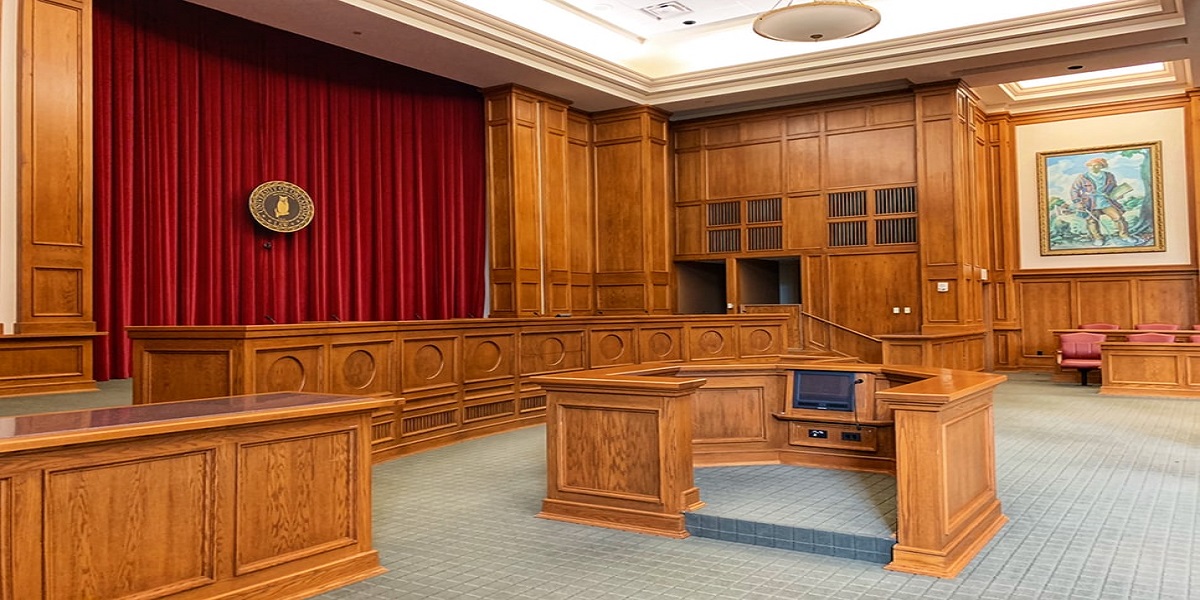Taking too long? Close loading screen.

January 27th

When it comes to workers compensation cases, a person who may have suffered work-related injuries or illnesses may have experienced being deposed before a trial even started to commence. In a deposition, a recorded interview is conducted with the witness on various questions about the case and under oath.
Many depositions are usually done in insurance cases. It is a standard operating procedure as a matter of due diligence for workers compensation cases in data gathering and fact-finding.
Knowing what to expect during depositions is key to a more fruitful case.
It is worth noting that television shows do not give due justice portraying how deposition works. In reality, it is rather formal and civilized, unlike those dramatizations shown. Lawyers taking the statement will always be professional when interacting with clients and witnesses, not aggressive nor violent.
Witnesses who undertake depositions usually prepare beforehand. Clients who employ lawyers are generally advised to prepare for the upcoming statements. They give out possible questions as to what may come during the questioning.
Whether or not one has a lawyer, every person who shall undergo a deposition must remember and clarify all relevant information. They must try to refresh their memory about the incident, including minute details like the days of work or discharge, and other issues that are related to the case at hand.
The depositions are typically conducted in a conference room of a law firm. It is attended mostly by a few people, mainly yourself, your lawyer, the lawyer taking your deposition, and the court’s stenographer or reporter who makes the written transcript of the deposition. This transcript may be used as evidence later in the case.
However, even if depositions are not done in court, witnesses still testify under oath. This means that all questions must be answered truthfully to the best of any witness’s knowledge.
Any person found out to be lying on purpose in order to derail the investigation is liable for perjury. Before starting the deposition, the court reporter shall swear the witness in by taking an oath to answer all questions as truthfully.
After giving a brief overview of the deposition and its guidelines, most lawyers would then inquire about these certain topics:
These are necessary information about the witness, such as their name, age, date of birth, address, educational background. They may also ask previous work experience as well as prior criminal convictions and cases on compensation claims.
Here, witnesses are asked about previous accidents or damages that may have happened to the witness in the past. This is to thresh out previous conditions that may have affected the situation.
Workers compensation is under a no-fault system, meaning that insurance pays the workers’ comp benefits regardless of who is at fault in the accident. Therefore, questions about who to blame or how the accident occurred are usually restricted.
However, one should expect more investigative questions, especially on repetitive or reoccurring stress-related injuries. Many questions on this would focus on:
Lawyers will inquire about your medical history as well as procedures that were undertaken concerning the illness. It includes medication, major and minor surgeries, physical therapy, chiropractic care, and others.
Lawyers will also require the result of the damage sustained. How much has the witness recovered from the incident? Can they already go back to work, or can they merely lift a heavy object, or be able to walk or stand in long periods?
These questions are important because the damage of the accident should be proportional to the compensation given. Also, irreparable physical damage can make them eligible for a permanent disability award.
When answering deposition questions, it is better to note the do’s and don’ts to correctly, accurately, and effectively answer essential questions and altogether make the deposition a success. Here are some tips and tricks in answering deposition questions:
It is necessary to be able to understand the questions asked before answering. Take your time in correctly understanding the questions.
Remember that there is a court reporter that shall be taking verbatim notes during the deposition. Be wary with your words and have a clear and concise idea when speaking. The use of non-verbal gestures or a mere nod will not help your cause which is why you should try to be elaborate and articulate.
All information is vital to your case, and voluntarily giving it in the deposition may draw a few steps back to your cause. Only answer what is being asked. Be direct and answer only the questions without going out of the topic.
One should be calm and collected when answering a deposition. Be polite in interacting with the lawyers. If you feel agitated during the deposition, you may ask for a break or recess to keep your composure.
If you want to know the best way to handle a deposition, an experienced workers compensation attorney could best help you, such as Davis & Sanchez, PLLC. Handling over 20 years of workers compensation cases, Davis & Sanchez is the top choice to help you with depositions. The firm can be reached at (801) 746-0290 or (208) 258-7000 or visit their office at 655 E 4500 S #120 Murray, UT 84107, or 4696 W Overland Road, Suite 162 Boise, ID 83705.
*The information provided on this website does not, and is not intended to, constitute legal advice; instead, all information, content, and materials available on this site are for general informational purposes only.
Do you have a case?
The longer you wait, the lower the chance you have of getting compensation. Contact us NOW for a free case evaluation.
Free Consultationyou pay nothing until we win
Davis & Sanchez